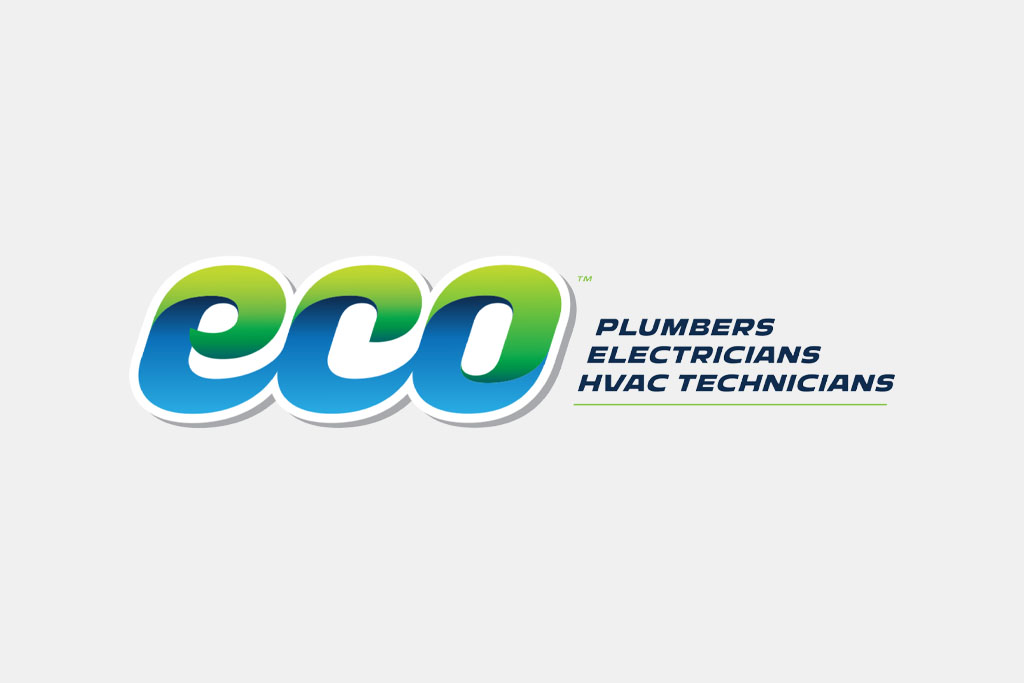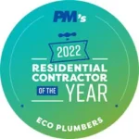Does your home have hard water? Unfortunately, hard water is more common than you may think; one survey of geology in the U.S found that over 85% of the country experiences hard water. Hard water can cause numerous problems in a home, from causing damage to plumbing to resulting in unclean dishes and laundry. However, there is a solution to hard water. With this guide, you will learn what hard water is, the common signs of hard water, and how to solve the problem of hard water in your home.
What is Hard Water?
Essentially, hard water refers to water that has a high mineral content, with the most common minerals being magnesium and calcium. Water obtains these minerals as it flows through rock and soil. Originally, this type of water was referred to as hard water because it creates difficulty in lathering soap. Although hard water is safe to use for cooking, drinking, etc., it can cause many different issues in your home, such as clogging pipes and inflicting damage on appliances, plumbing, and fixtures.
Do I Have Hard Water?
You may have hard water if…
Your skin feels dry. Hard water leaves a soapy film on skin, which can cause dryness as well as skin irritation and even breakouts.
Your hair looks limp and dull. Because hard water impedes proper cleaning, filmy residue may be left behind on your hair, causing it to look limp and dull, and making it more difficult to manage.
Scale has built up on your fixtures and tiles. Another tenet of hard water is the buildup of scale and a filmy residue on the fixtures and tiles in your bathroom and kitchen. Scale can also cause damage to your water heater, pipes, and fixtures.
Your clean dishes have spots and white film. If your dishes and glasses are left with white, filmy spots after cleaning, you may have hard water.
Your clothes are dingy and gray. Hard water inhibits sudsing during cleaning, which causes problems for your laundry. Your clothes may appear dingy and gray, and the lifespan of clothing may also be decreased.
Your coffee and tea have a strange taste. Because hard water is high in mineral content, it can make water-based beverages, such as tea and coffee, taste different.
Your utility bills are rising. Hard water leads to scale in your water heater, which does not conduct heat well. This means the water heater requires more energy to heat water, which leads to higher utility bills.
What Can I Do About Hard Water?
One way to deal with hard water in your home is to install a water softener. This water treatment system will ensure that hard water is permanently eliminated from your home. However, there are a number of factors to consider before choosing to install a water softener, such as the initial cost of the unit, and how much you will need to spend to operate it over time.
To learn more about our water treatment systems and the benefits they can bring to your home, call The Eco Plumbers today.

























































